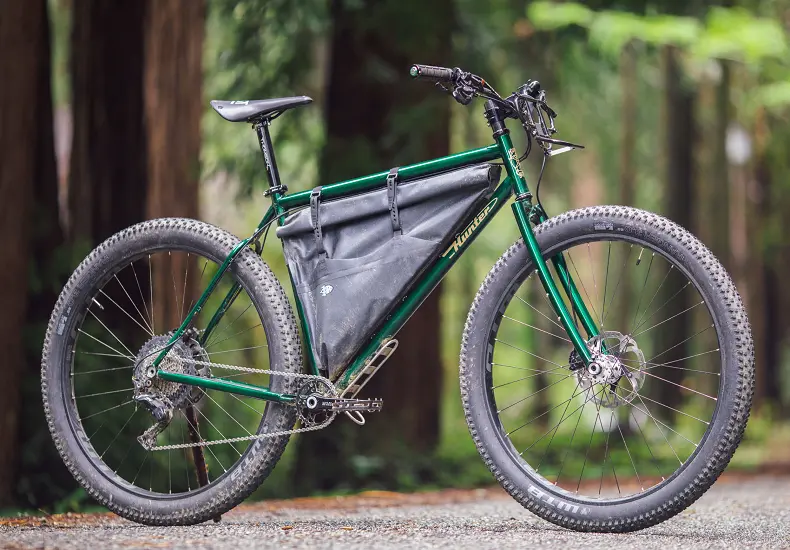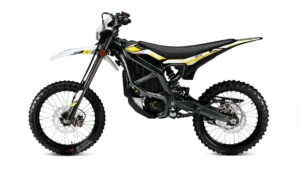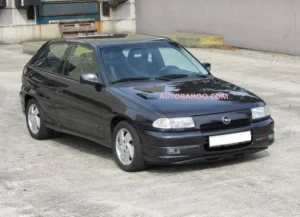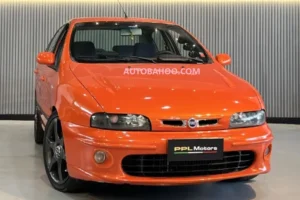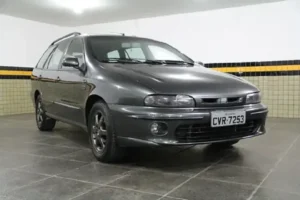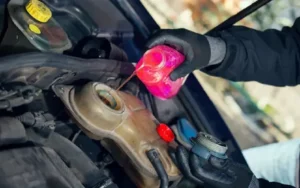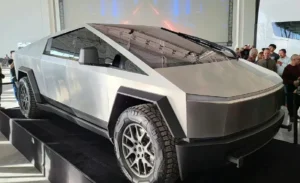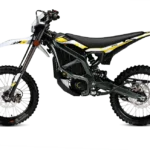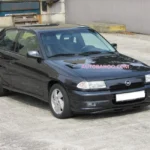In the heart of Bloomfield, Pittsburgh, there’s a workshop where old bikes get a second chance at life. Here, Rick Armbruster has built more than just a bike repair shop – he’s created a movement that’s reshaping how we think about bicycle sustainability and community empowerment.
The Man Behind the Bikes: Rick Armbruster’s Journey
Rick Armbruster didn’t start out planning to revolutionize Pittsburgh’s bike scene. A skilled welder by trade, he spent years working in traditional metalworking before discovering his true passion. “Every old bike has a story,” he often says, “and every story deserves a second chapter.”
His transition from industrial welding to bike restoration happened organically. After restoring a vintage Schwinn he found at a yard sale, Armbruster realized he could combine his metalworking expertise with his growing passion for cycling. This revelation led to what would become one of Pittsburgh’s most innovative sustainability initiatives.
Key Career Milestones:
- Started metalworking career in 1995
- First bike restoration project in 2008
- Launched Construction Junction partnership in 2012
- Opened dedicated workshop space in 2014
The Birth of a Movement: Construction Junction’s Bike Program
When Construction Junction, Pittsburgh’s premier architectural salvage nonprofit, approached Armbruster about creating a bike program, he saw an opportunity to scale his vision. The partnership proved transformative for both parties.
“We weren’t just fixing bikes – we were fixing how people think about waste and transportation,” Armbruster reflects on the program’s early days.
The workshop space at Construction Junction has become more than just a repair shop:
- 🔧 Full restoration workshop
- 📚 Educational center
- 🤝 Community gathering space
- 🎓 Training facility
Inside the Upcycling Process
Armbruster’s approach to bike upcycling goes beyond simple repairs. Each project follows a meticulous process:
- Assessment Phase
- Frame integrity check
- Parts inventory
- Historical research
- Restoration planning
- Restoration Work
- Frame rehabilitation
- Component rebuilding
- Custom modifications
- Safety upgrades
- Quality Control
- Structural testing
- Road worthiness checks
- Safety certification
- Performance evaluation
Materials and Techniques
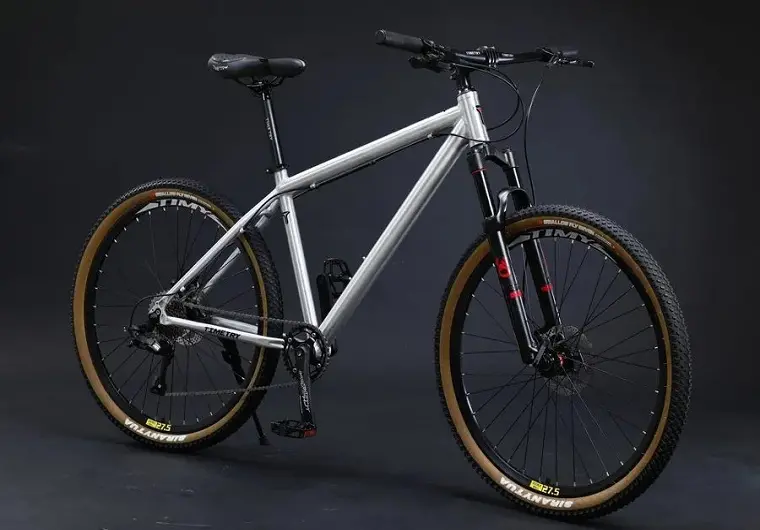
| Component | Restoration Method | Average Time |
| Frame | Sand-blasting & repainting | 3-4 days |
| Drivetrain | Cleaning & rebuilding | 1-2 days |
| Wheels | Truing & spoke replacement | 4-6 hours |
| Brakes | Complete overhaul | 2-3 hours |
Signature Projects and Success Stories
Case Study: The 1952 Schwinn Revival
One of Armbruster’s most notable projects involved restoring a 1952 Schwinn Hornet found in a Lawrenceville basement. The bike required:
- Complete frame restoration
- Custom-fabricated replacement parts
- Period-correct paint matching
- Modern safety upgrades
The finished product now serves as the centerpiece of Construction Junction’s showroom, demonstrating the perfect balance between preservation and modernization.
Youth Program Impact
Through partnerships with local schools, Rick Armbruster’s upcycle bikes program has:
- Taught bike maintenance to over 500 students
- Provided 200+ restored bikes to underprivileged youth
- Created 15 paid apprenticeship positions
- Established 3 school-based repair workshops
Environmental and Community Impact
The numbers tell a compelling story about the program’s impact:
Annual Environmental Benefits:
- 🚲 500+ bikes diverted from landfills
- ♻️ 15,000 lbs of metal recycled
- 🌱 50,000 lbs CO2 emissions prevented
- 💪 1,000+ community members engaged
Economic Benefits to Pittsburgh
The program has created ripple effects throughout the local economy:
- Created 8 full-time jobs
- Generated $180,000 in annual revenue
- Saved residents $250,000 in transportation costs
- Supported 12 local bike-related businesses
Workshop Initiatives
Armbruster’s workshop offers various programs:
Basic Repair Workshops
- Every Tuesday evening
- Free to community members
- Hands-on instruction
- Take-home toolkit provided
Advanced Restoration Classes
- Monthly intensive courses
- Professional certification available
- Small group settings
- Industry partnerships
Youth Programs
- After-school sessions
- Summer camps
- Mentorship opportunities
- Career guidance
Future Vision
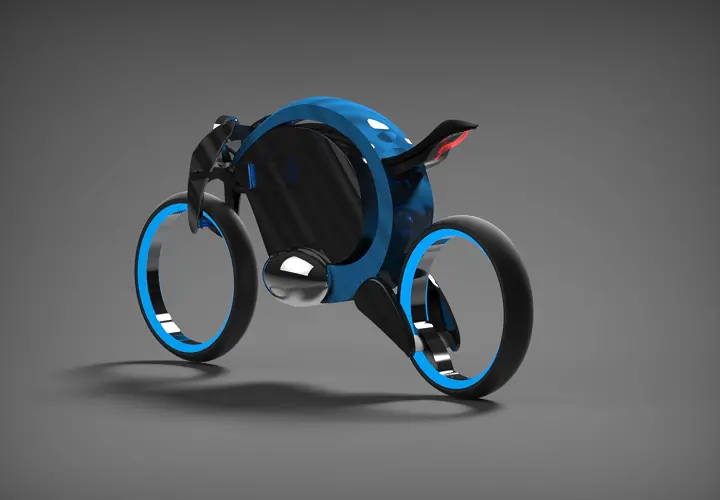
Rick Armbruster’s plans for the future include:
Expansion Plans
- Opening two new workshop locations
- Launching mobile repair units
- Creating online training resources
- Developing certification programs
Community Goals
- Double youth program participation
- Establish bike-share partnerships
- Create cycling advocacy groups
- Expand education initiatives
Get Involved
The program welcomes community participation through various channels:
Donation Options:
- Complete bikes
- Spare parts
- Tools
- Financial support
Volunteer Opportunities:
- Workshop assistance
- Event coordination
- Youth mentoring
- Administrative support
Contact Information
To connect with Rick Armbruster’s upcycle bikes program:
- Workshop Location: Construction Junction, Pittsburgh
- Hours: Tuesday-Saturday, 9am-5pm
- Phone: (412) XXX-XXXX
- Email: info@rickarmbrusterbikes.org
Conclusion
Rick Armbruster’s vision extends beyond just fixing bikes – it’s about building a sustainable, accessible, and vibrant cycling culture in Pittsburgh.
Through his work at Construction Junction and beyond, he’s proving that one person’s trash truly can become another’s treasure, while building community and protecting the environment along the way.
Whether you’re a cycling enthusiast, sustainability advocate, or community member looking to make a difference, Rick Armbruster’s upcycle bikes program offers something for everyone.
As Pittsburgh continues to evolve as a bike-friendly city, Armbruster’s work remains at the forefront of this transformative movement.
Frequently Asked Questions About Rick Armbruster’s Bike Upcycling Program
Q: How much does it typically cost to have a bike upcycled by Rick Armbruster?
A: The cost varies depending on the bike’s condition and desired restoration level. Basic restorations start at around $200, while complete vintage overhauls can range from $500-$1,500. All projects include a thorough assessment, and Rick provides detailed estimates before beginning work. The workshop also offers payment plans and sliding-scale options for community members in need.
Q: Do you need to provide your own bike for the workshops?
A: No! The workshop maintains a extensive inventory of donor bikes. You can either bring your own bike or select one from their collection. For learning workshops, practice bikes are provided. However, if you have a specific bike you’d like to work on, you’re welcome to bring it.
Q: How long does a typical bike restoration take?
A: Most standard restorations take 2-3 weeks from start to finish. Complex vintage restorations might require 4-6 weeks. Quick repairs and basic upcycles can often be completed in 3-5 days. Workshop participants working on their own bikes typically complete projects over 4-6 sessions.
Q: Can I volunteer if I don’t have any bike repair experience?
A: Absolutely! The program welcomes volunteers of all skill levels. New volunteers start with basic tasks and receive comprehensive training. Many current expert volunteers started with zero mechanical experience. The only requirements are enthusiasm and a willingness to learn.
Q: What happens to bikes that can’t be restored?
A: Nothing goes to waste in Rick’s workshop. Bikes that can’t be fully restored are carefully dismantled. Usable parts are salvaged for other projects, and remaining materials are properly recycled. Even severely damaged frames often find new life as art pieces or educational displays. This commitment to zero waste is a core principle of the program.

With over 9 years of dedicated experience in the automotive industry, I am passionate about all things automotive. My journey began with a deep curiosity for automobiles, which led me to delve deeper into their mechanics, technology and trends. My expertise spans various aspects of the automotive world, from the latest electric vehicles to classic car restoration techniques. Through my articles, I aim to share my knowledge and insights, helping readers stay informed and inspired in the fast-paced world of the automobile.
